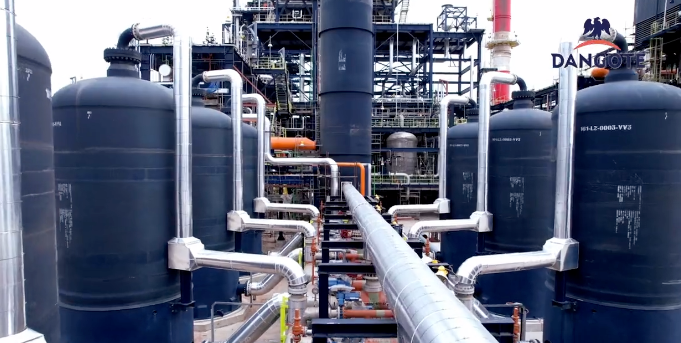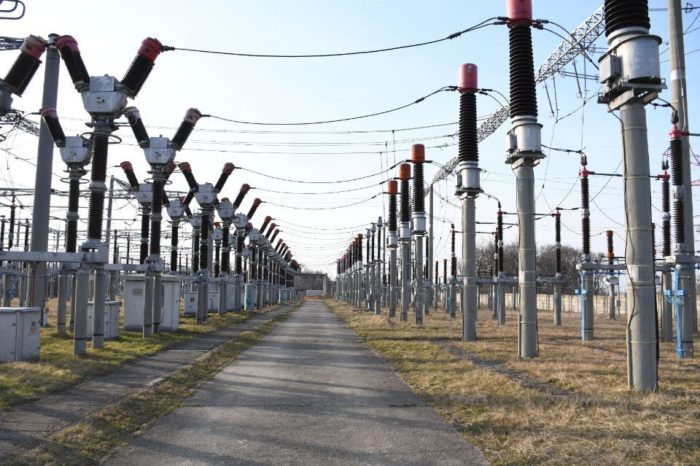Nigeria manufacturing sector suffers major decline in Q2’23 due to fuel subsidy removal, high energy costs, Naira crunch

“Capacity utilisation nosedived further by 5.6 per cent in the quarter under review from a contraction of 5.0 per cent witnessed in the preceding quarter.
“Volume of production contracted by 6.1 per cent in the quarter under review from a contraction of 13 per cent recorded in the previous quarter.
“Manufacturing investment dipped further by 5.6 per cent in the second quarter of 2023 from 3.0 per cent contraction recorded in preceding quarter.
“Manufacturing employment reduced further by 5.7 per cent in the second quarter of 2023 from 3.0 per cent contraction recorded in preceding quarter.
“Sales volume plummeted by 6.3 per cent in the second quarter of 2023 against the 13 per cent contraction witnessed in the preceding quarter.
“Cost of shipment rose by 14.3 per cent in the second quarter of 2023 though witnessed a slowdown from the 20 per cent increase recorded in the first quarter of 2023,” MAN said.
It, therefore, concluded that, “a critical evaluation of the analysis above provides an inference that major performance indicators of the manufacturing sector all recorded unfavorable changes.”
It attributed the deterioration the manufacturing sector experienced to the harsh business-operating environment evidenced by poor macroeconomic indices.
“The underperformance was largely driven by the slow recovery from the cash crunch, high cost of energy, high transportation cost and partially by the abrupt removal of subsidy that took effect towards the end of the second quarter of 2023.
“The economic turmoil disrupted the manufacturing value chain, escalated the cost of manufacturing operations, and resulted in a reduction in manufacturing patronage,” the report stated.
In addition, the report noted that manufacturing activities in the second quarter of 2023 were adversely affected by escalation in the Consumer Price Index (CPI), continuous erosion in naira value and difficulty in accessing foreign exchange, as well as high cost of energy, exorbitant taxes, high lending rates, persistent, insecurity, domino effects of the lingering Russian-Ukrainian war, slow recovery from the cash crisis.
Segun Ajayi-Kadir, Director General of MAN, who signed the report, emphasised that Nigeria’s transition to a cashless policy, which extended October 2022 into the Q2,2023, requires no urgency or policy aggressiveness considering that a lot of progress has already been made.
Ajayi-Kadir therefore noted that tougher challenges including energy disruption, over-bloated fiscal debt, dwindling foreign reserves, full cashless economy, exchange rate volatility, skyrocketing inflation, collapsed business, and resulted in divestments.
EnergyDay gathered that the MCCI is a quarterly research publication of MAN, which measures changes in the pulse of operators and trends in the manufacturing sector quarterly, in response to movements in the macro-economy and government policies, using primary data mined through direct surveys of CEOs of MAN member companies.
It is computed using data generated on standard diffusion factors of current business condition, business condition for the next three months, current employment condition, employment condition for the next three months and production level for the next three months.





